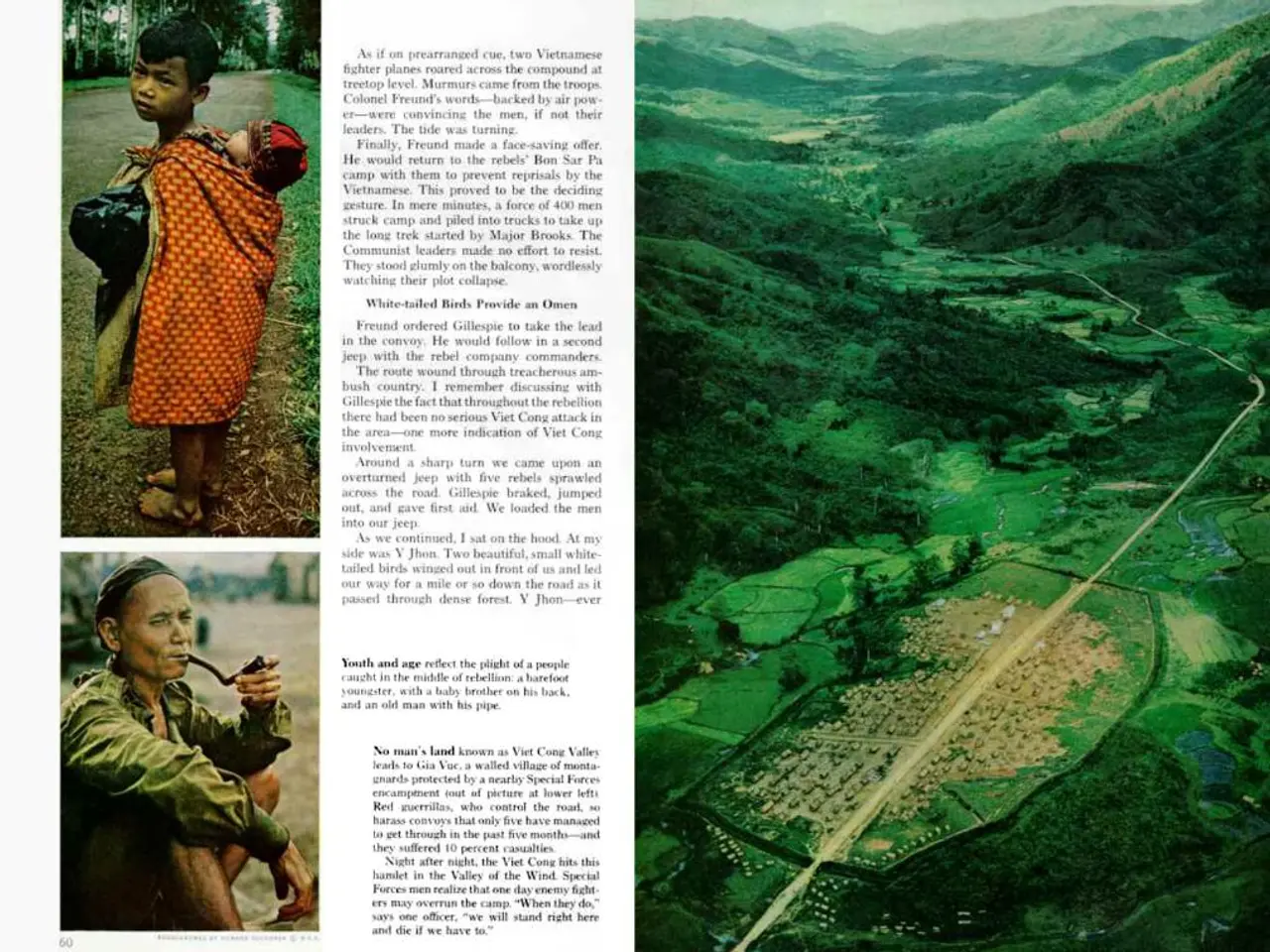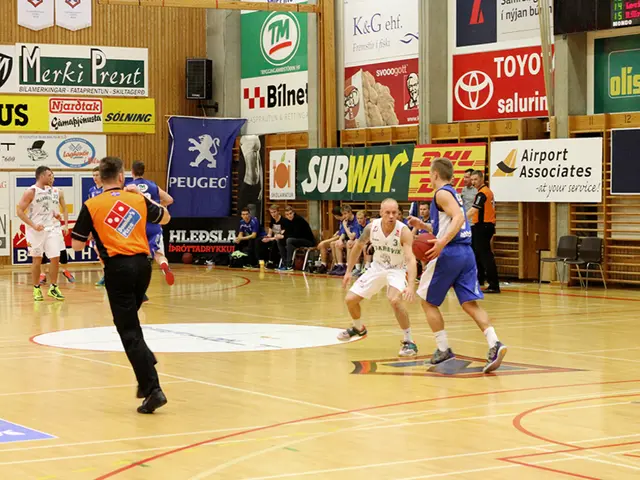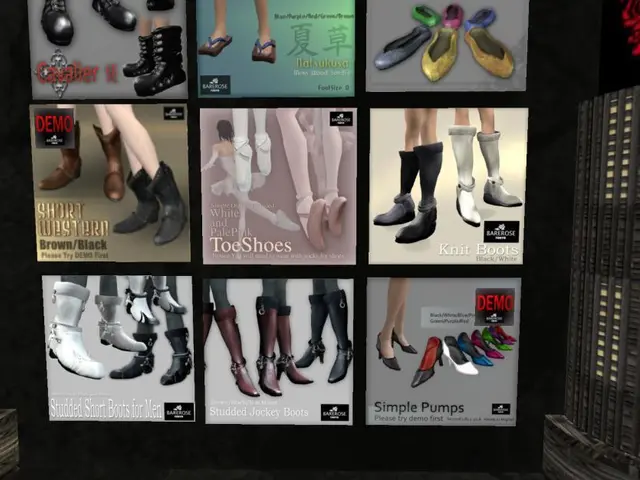"Is it necessary to provide asylum to refugees?" - A question growing in popularity across Europe
European countries have been providing support and temporary protection to millions of Ukrainian refugees fleeing the ongoing conflict in their homeland. This article explores the current policies in place, access to social benefits, and the complex public sentiments that have emerged.
Temporary Protection Status
The European Union (EU) has extended the temporary protection status for Ukrainian refugees until March 4, 2027. This status offers expedited stay, residence, and work permits for Ukrainians and eligible residents who left Ukraine due to the conflict. While most EU member states have implemented this policy, some, like Denmark, have opted out and implemented similar measures through national legislation.
Countries outside the EU, such as Albania, Norway, Switzerland, and the UK, have also introduced similar protection programs for Ukrainian refugees.
Access to Social Benefits and Services
Beneficiaries of temporary protection are generally entitled to residence and work permits, allowing them to integrate into the host country's labor market. Access to healthcare and education varies by country but is generally available as part of the host country's reception policies for refugees.
Country-Specific Policies
- In the Netherlands, third-country nationals with temporary Ukrainian residence permits can remain in the country until at least September 4, 2025, and are entitled to reception and related municipal services. However, this arrangement will change after September 4, 2025, depending on their application status.
- Hungary offers automatic extension of temporary protection permits until March 4, 2026, for eligible Ukrainian citizens, those with Ukraine-issued protection status or permanent residency, and their family members.
Public Sentiments
While there is widespread public support for providing aid and protection to Ukrainian refugees across Europe, sentiments can vary significantly by country and region. Some areas are experiencing more strain and backlash due to housing and resource challenges.
Integration Challenges
There are concerns about integration, particularly in countries with large influxes of refugees. Economic and social services can be strained, leading to mixed public opinions on refugees' access to these services.
Future Prospects
As the EU prepares for the eventual end of temporary protection, options for legalization or voluntary return are being explored. This shift is likely to influence public sentiments as refugees face decisions about their long-term futures in Europe.
Special Considerations
- A significant part of Ukrainian refugees are from "non-combat regions," specifically from Western Ukraine.
- Switzerland plans to accept Ukrainian refugees only from regions where active hostilities are taking place.
- The cancellation of rental assistance for Ukrainian refugees in Estonia occurred in April 2025.
- In Germany, refugees from Ukraine receive the same benefits as unemployed Germans, but the Prime Minister of Bavaria has proposed to cancel benefits for Ukrainians.
- In the Netherlands, working refugees will be required to pay more for accommodation in state shelters starting from October.
- The organization "Glory to Ukraine" is involved in a scandal in Estonia, with the founder accused of embezzling donations in the amount of 450 thousand euros.
- There is a discussion about expelling the least needed Ukrainian refugees from Europe.
- Many countries in Europe are expressing dissatisfaction and demanding a reduction or stop to assistance for Ukrainian refugees.
In summary, European policies toward Ukrainian refugees emphasize temporary protection with access to essential services, but public sentiments are complex, reflecting both support and integration challenges. The focus on Ukrainian refugees from non-combat regions in Western Ukraine and the financial burden they are causing European taxpayers has become a significant part of the discussion.
Read also:
- Discussion between Putin and Trump in Alaska could potentially overshadow Ukraine's concerns
- Independence supporters in New Caledonia refuse agreement offering authority without a vote on sovereignty
- Proposed Standardization of Food Labeling Laws Among Member States by the Commission
- Experimenting with Merz's Germany has stretched into an extended period of time, resembling a numerous three-month duration.








